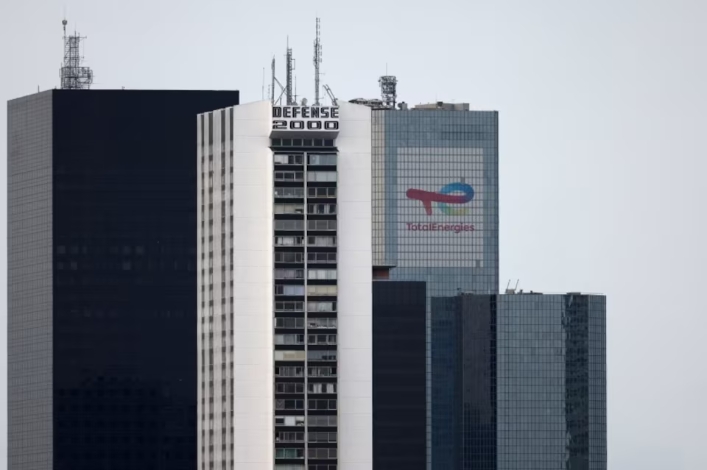
Marine biofuel is among several alternative bunker fuels that shippers are adopting to cut emissions and to gradually move away from dirtier residual fuels, and demand in Singapore, one of the world's busiest ports, is expected to grow gradually.
TotalEnergies Marine Fuels, among Singapore's top biofuel last year, said the 100% biofuel, or B100, was made from used cooking oil sourced in Southeast Asia and could cut greenhouse gas emissions by between 80% and 90% on a life-cycle basis.
The 700-metric ton cargo of used cooking oil methyl ester (UCOME) was certified under the the International Sustainability & Carbon Certification (ISCC) system.
The cargo was supplied on Aug. 5 to a Hyundai Glovis car carrier ship, using an IMO Type II chemical bunker tanker owned by Singapore-based Global Energy Group.
TotalEnergies Marine Fuels told Reuters in January that annual marine biofuel demand at Singapore could potentially double from 2023 levels to almost 1 million metric tons by 2025. By comparison, total bunker fuel demand in Singapore last year was 51.8 million tons.